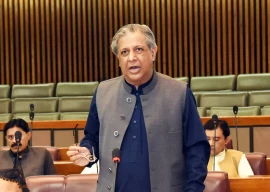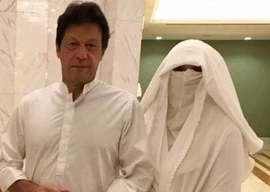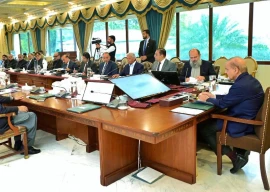
KARACHI: Sindh High Court Chief Justice Maqbool Baqar has said that trainee judges will be taught gender equity as a subject during regular training courses to sensitise them on the issue.
Speaking at the closing ceremony of the gender equity project on Tuesday, he said that the Sindh Judicial Academy was the first such institution in the country to introduce the subject in its curriculum. He said that a full-fledged training manual on gender equity and sensitivity in the judiciary has been developed. Now, the Sindh Judicial Academy has fully prepared itself to incorporate gender equity as a subject in its regular training courses. He said this would help in empowering and sensitising the trainee judges about gender equity.

The chief justice expressed hope that the training would also enhance the judges’ ability to recognise gender issues and create an understanding of socio-cultural factors that lead to discrimination based on sex and would enable them to interpret and apply the relevant laws in an effective manner.
CJ Baqar observed that in the modern day, efforts by way of legislation, judicial interpretation and determination, administrative measures as well as social and cultural adjustments were being made to remove disparity in the power relations between men and women. Gender sensitisation is all about changing behaviours and instilling empathy in our views about the other gender. It creates respect for the individuals irrespective of their gender, he said.
The chief justice was of the view that in an ideal situation, women and men will have equal access to education, health, administration and managerial posts and get equal value and pay for their work. In this situation, both will co-exist as equal partners, realising and achieving their rights and working together towards economic, social, cultural and political development.

He referred to a report of the International Legal Organisation which states: for creating gender equity, both the men and women are to be treated fairly and according to their needs and requirements. They should receive treatment, which is equivalent in terms of rights, benefits, obligations and opportunities.
The United Nations Economic and Social Council has explained gender mainstreaming as a process of assessing the implications for women and men of any planned action, including legislation, policies or programme in any area and at all levels.
Published in The Express Tribune, November 13th, 2014.

























































COMMENTS
Comments are moderated and generally will be posted if they are on-topic and not abusive.
For more information, please see our Comments FAQ